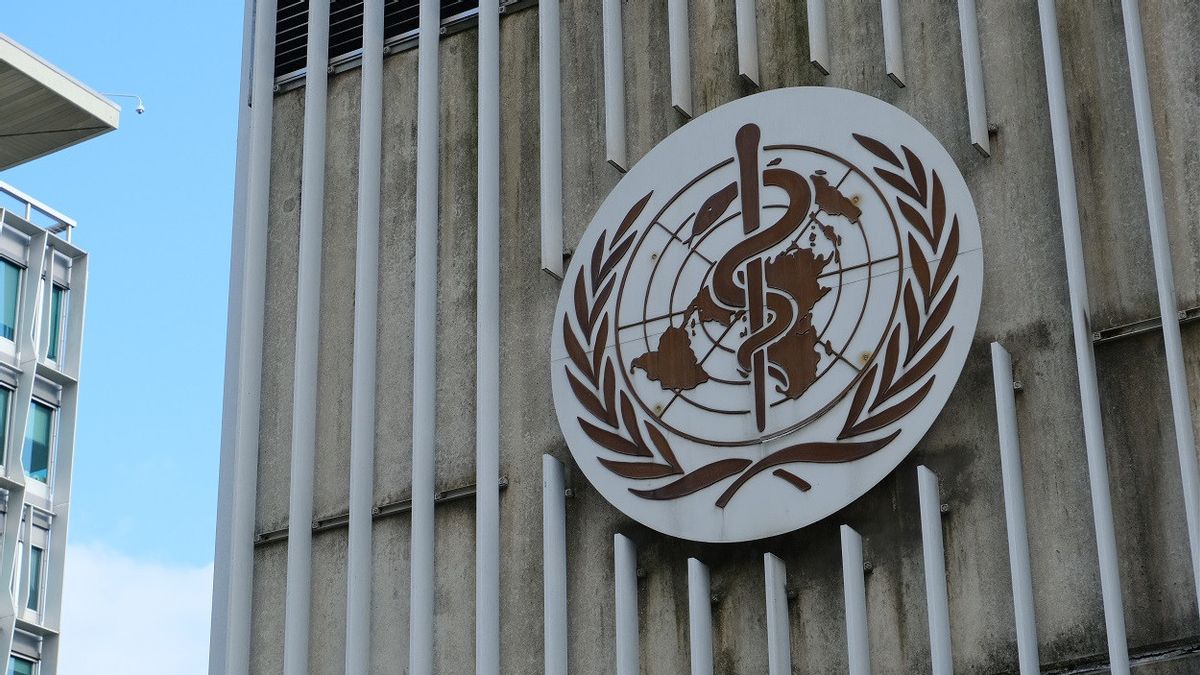JAKARTA - World Health Organization (WHO) Emergency Director Mike Ryan warned that outbreaks of endemic diseases such as monkeypox and lassa fever were becoming more persistent and frequent.
As climate change contributes to rapidly changing weather conditions such as droughts, animals and humans are changing their foraging behavior. As a result, diseases that normally circulate in animals are increasingly attacking humans, he said.
"Unfortunately, the ability to amplify the disease and spread it within our communities is increasing, so the factors for disease emergence and disease amplification have increased," he said.
It is known that monkeypox usually causes flu-like symptoms and pus-filled skin lesions, but usually clears up on its own within a few weeks, but can kill a small percentage of those who are infected.
So far, cases of monkeypox are steadily increasing outside Africa, mostly in Europe, and scientists are trying to figure out the reasons behind its spread.
SEE ALSO:
As of Wednesday, the World Health Organization said it had so far received reports of more than 550 confirmed cases of the viral illness from 30 countries outside Africa.
The English, Chinese, Japanese, Arabic, and French versions are automatically generated by the AI. So there may still be inaccuracies in translating, please always see Indonesian as our main language. (system supported by DigitalSiber.id)


















